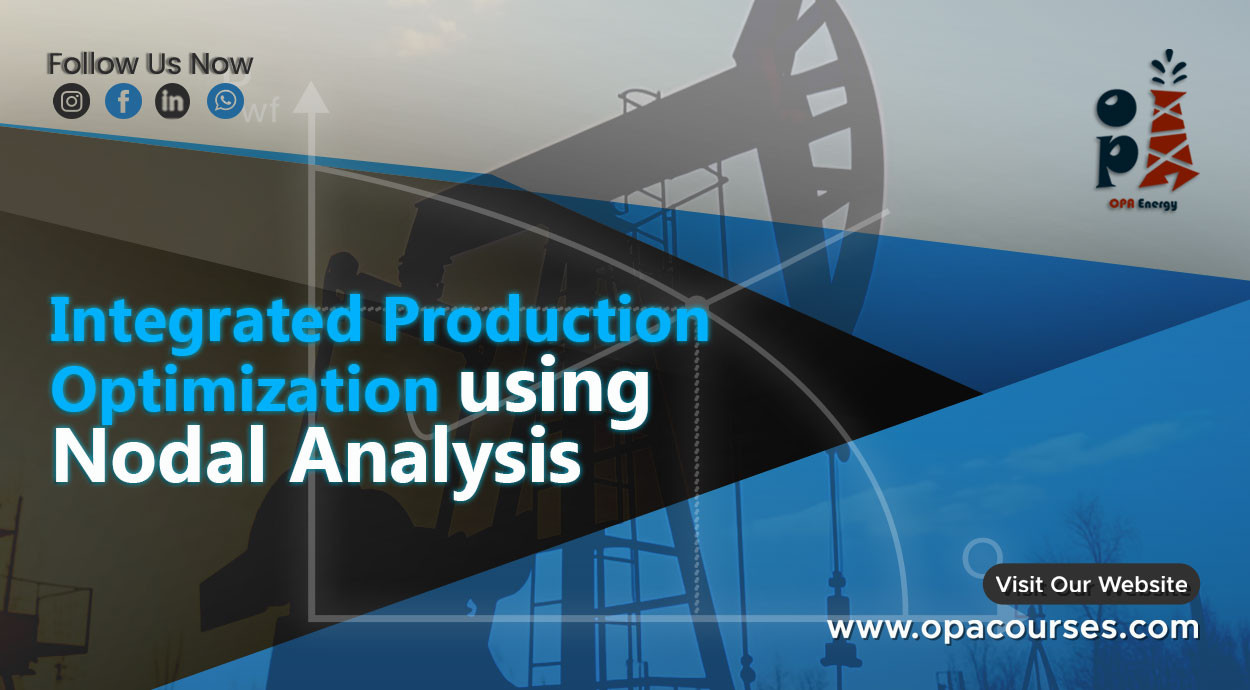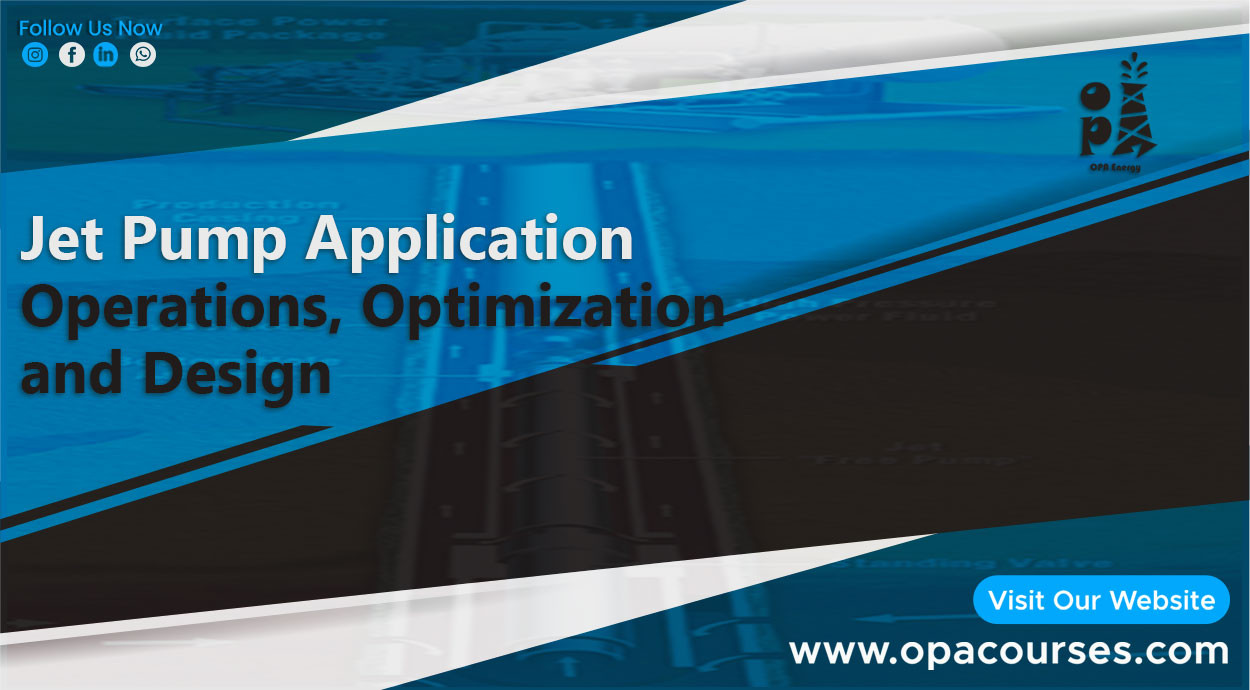
DAY1: Review of Fundamentals:
DAY2: ESP System Selection and Equipment Hand Sizing
DAY3: ESP DESIGN USING SOFTWARE
DAY4: ESP DESIGN USING SOFTWARE
DAY5: ESP Operational problems and troubleshooting

The drilling fluid in the well is very similar to the blood in your body, you should test your blood and read your body messages for you and act accordingly to keep yourself healthy. Drilling fluid also send you messages about your well, you should understand your drilling fluid, know its functions, test its properties, and read your well messages to keep your well stable, safe, and efficiently perform your drilling process.

From primary raw general guidelines to detailed sophisticated modeling studies

Organizing, analyzing, and managing data for efficient oilfield operations.

Principles and techniques of well stimulation using hydraulic fracturing methods.

A Comprehensive Nodal Analysis Theory and Practice

Performing and interpreting production logging tools to assess well performance.

Performing and interpreting production logging tools to assess well performance.

Organizing, analyzing, and managing data for efficient oilfield operations.

modeling well performance and production optimization through nodal analysis.

Principles and techniques of well stimulation using hydraulic fracturing methods.

Design, installation, and optimization of electric submersible pump systems.

Planning and executing well perforations to optimize reservoir drainage.

Organizing, analyzing, and managing data for efficient oilfield operations.

Applying rate transient analysis to assess reservoir performance and predict future production.

Core Python programming concepts applied to engineering and data tasks.

Advanced principles and techniques of pressure transient analysis for reservoir evaluation

Designing and executing acid treatments to enhance well productivity.

Techniques and procedures to prevent and manage wellbore kick and blowouts.

Analysis of subsurface formations using logs for reservoir characterization

Techniques for performing complex well interventions safely and efficiently.

Principles and design of gas lift systems to enhance production efficiency.

Simulation of thermal enhanced oil recovery techniques using CMG software.

Studying stress, strain, and rock mechanics to support reservoir management and drilling.

Design, installation, and optimization of electric submersible pump systems.

Strategies to maintain well integrity throughout the well lifecycle.

Master essential skills in Python, SQL, data analytics, machine learning, and MLOps. Gain hands-on experience and practical knowledge to effectively apply advanced data science techniques in the oil industry.

Design, operation, and optimization of sucker rod pumping systems in wells.

More than 20 cases from practical life covering different concepts in Analytical Reservoir Engineering

Hands-on modeling and simulation of reservoirs for production forecasting and planning

Managing process risks to prevent accidents and ensure operational safety.

Ensuring continuous and efficient flow of hydrocarbons through production systems.

Ensuring continuous and efficient flow of hydrocarbons through production systems.

Leveraging Power BI for visualization, analysis, and decision-making in oil & gas data.

Techniques and applications of coiled tubing for well intervention and maintenance.

The Progressing Cavity Pump (PCP) is emerging as a game-changer in oil production. Compared to traditional artificial lift methods, PCPs offer numerous advantages.

Design and execution of well completions for optimal production and safety.

Understanding reservoir fluid behavior and modeling using PVT analysis and equations of state

Optimizing well and field production performance using nodal analysis techniques.

In-depth course on jet pump principles, design, operation, and optimization for efficient artificial lift performance.

This course delivers an end-to-end understanding of the drilling lifecycle, from rig systems and well planning through to field execution.

A structured course on estimating, classifying, and reporting petroleum reserves and resources in line with industry standards.